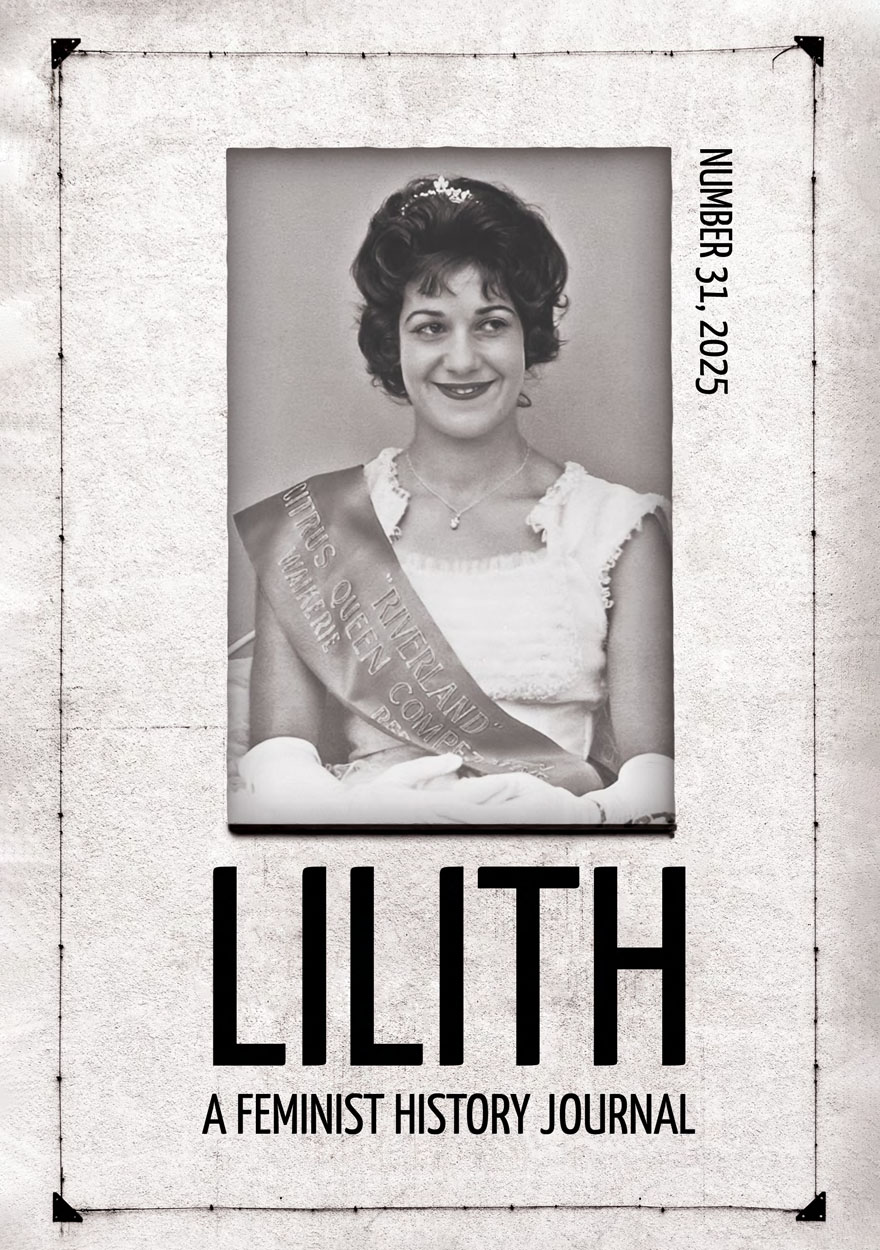Coming soon
Browse the range of exciting titles ANU Press is currently working on. If you wish to receive an alert when a new title is published, click the ‘Notify me’ button next to the relevant title and register your details.

Peter Marralwanga »
Painter of the Djang of western Arnhem Land
Coming soon
Notify me
Australian Journal of Biography and History: No. 11, 2026 »
Special Issue: Writing Tasmanian Lives
Coming soon
Notify me
Terra in Our Mist »
A Tūhoe Narrative of Indigenous Sovereignty and Settler-State Violence
Coming soon
Notify me
Growing Restorative Regulation »
Coming soon
Notify me
Lilith: A Feminist History Journal: Number 31 »
Coming soon
Notify me
Landslide »
The 2025 Australian Federal Election
Coming soon
Notify me
Uneven Rewards »
Milestones in Labour Economics
Coming soon
Notify me
Vā Moana »
Space and Relationality in Pacific Thought and Identity
Coming soon
Notify me
Believing on Upside Down Country »
The Changing Faith-scape of Bendigo
Coming soon
Notify me
Reshaping the State »
Chinese Political Institutions under Xi Jinping
Coming soon
Notify me
Wild Partners »
Indigenous Worlds and Industrial Giants in Papua New Guinea
Coming soon
Notify me
Indigenous Songs of Victoria »
Coming soon
Notify me


